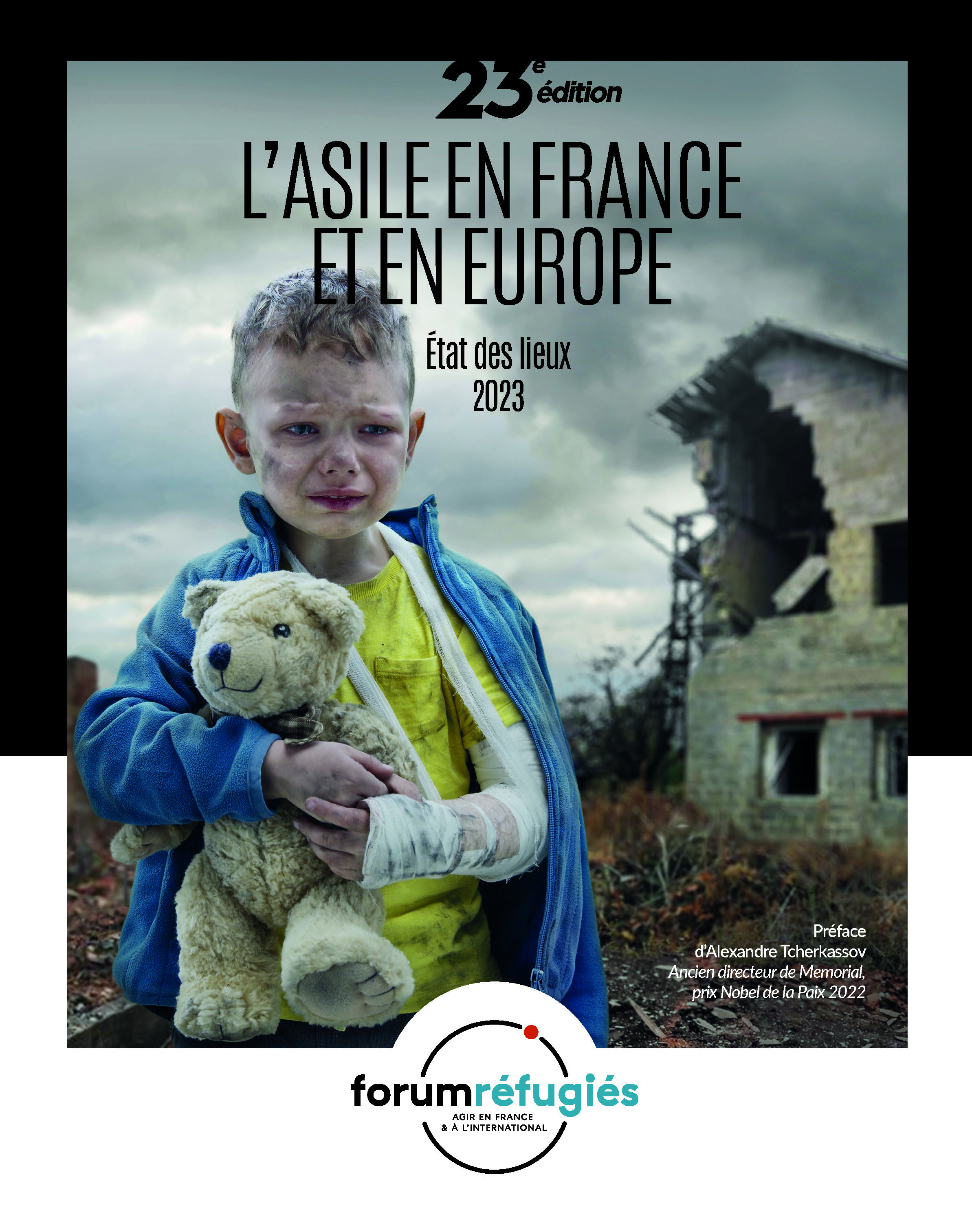TRIPS project | A new and promising accommodation mechanism for trafficked women international protection beneficiaries in France
Since 2020, the European project TRIPS examines how to ensure tailored support trafficked international protection beneficiaries in relation to integration process taking into account their specific needs and their vulnerable situation. As part of the research and analysis activities led the partner countries, the specialised places mechanism for trafficked women refugee in France appears as a promising practice.
The National strategy for the reception and the integration of refugees presented by the Ministry of Interior in June 2018 provides a comprehensive framework to implement the governmental priorities which aim at ensuring a better integration for refugees in France. While no specific provisions were included, until now, in the national reception mechanism to support trafficked international protection beneficiaries, one of the National Strategy priorities is to guarantee an adapted assistance to vulnerable refugee women (axe 3). Indeed, it underlines that “the specific vulnerabilities of refugee women represent an obstacle in their integration”. Among the planned activities, the Strategy intends to guarantee security to vulnerable refugee women in specialized accommodation centres (action 13), including women victims of violence, or human trafficking or belonging to LGBT community. The French authorities have committed to open, from 2018, dedicated places in asylum and refugee accommodation centres for vulnerable women with a reinforced assistance.
Following a pilot phase led in two regions in 2018, 300 places have been gradually opened in 2019 and 2020 in four regions for asylum seeker and refugee women. In its instruction of 27 December 2019, the General Direction of Foreigners in France specifies that “the specialization of places allow a tailored support to vulnerable women in situation of danger on the territory through a secure shelter”. For now, 66 places over 300 are located in three provisional accommodation centres for international protection beneficiaries. The usual daily cost per person in these centres is 25 euros. For this dedicated places, 13 additional euros are planned in order to reinforce the services and assistance. According to the contractual requirements, the accommodation centres commit to respect the following 6 conditions:
- Provide adequate reception conditions, including non-mixed places;
- Implement a specific support, adapted to the specific needs of women victims of violence including trained and specialised social workers, assistance in filling a complaint and in the criminal proceeding, propose legal and psychological support, ensure that the NGO’s offices are secure and accessible ;
- Guarantee safe conditions: prohibition of visits, ensure a secure entry system in case of collective reception centre, ensure an on-cull duty ;
- Support access to health care services: ensure a medical attendance for the first days of arrival and a targeted medical referral, guarantee the intervention of a psychologist internally to provide a diagnosis and refer to medical-psychological centres, propose group discussions moderated by a psychologist, inform and support persons to access prevention, addiction, testing services, and to gynaecological care ;
- Support parenting and access to education: organize discussion groups, propose dedicated locations for kindergarten or children care, organize information session on the French education system, propose support in school enrolment and psychological support to children ;
- Commit in a partnership strategy with NGOs and institutions at local and national level.
French NGOs interviewed as part of the TRIPS project underline the interesting and relevant aspects of the mechanism, including in terms of integration. Indeed, it addresses the specific needs of trafficked international protection beneficiaries, including security, legal and psychological support which are critical to ensure integration. Moreover, this mechanism provides the opportunity to ensure a geographical distance which can favour the exit strategies from exploitation situation, although the territorial management of the mechanism by the French Office of Immigration and Integration (OFII) complicates the referral at national level. Finally, this mechanism includes specialized and trained social workers which guarantee a qualitative support and response to the specific needs.
However, it worth noting that this mechanism is for now under-resourced with only 66 places for international protection beneficiaries, which target both victims of violence and human trafficking. In addition, it is still not very well known and the lack of coordination between NGOs and authorities represent an obstacle in the support provided to victims. The OFII, in charge to refer the persons to these places, faces also difficulties to identify victims among international protection beneficiaries and depends on the identification proceeded by partner NGOs. Finally, this mechanism remain restrictive to women, and not to all victims of human trafficking.
This article was elaborated as part of the TRIPS project – identification of TRafficked International Protection beneficiaries’ Special needs by Forum réfugiés-Cosi, It is part of a series of articles on the TRIPS project elaborated by each project partner: Churches’ Commission for Migrants in Europe, Immigrant Council of Ireland, Italian Council for Refugees, Organization for Aid to Refugees.
For more information on the European project TRIPS: https://www.forumrefugies.org/nos-actions/en-europe/projets-transnationaux


The content of this article represents the views of the author only and is his/her sole responsibility. The European Commission does not accept any responsibility for use that may be made of the information it contains.

